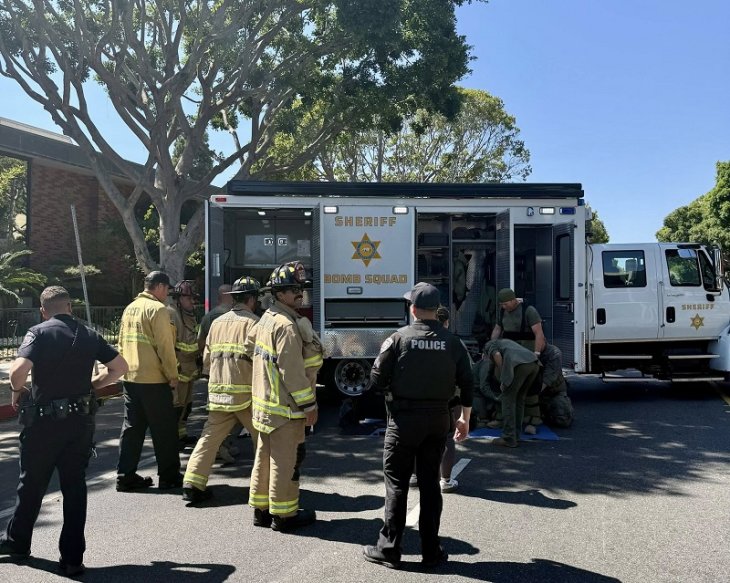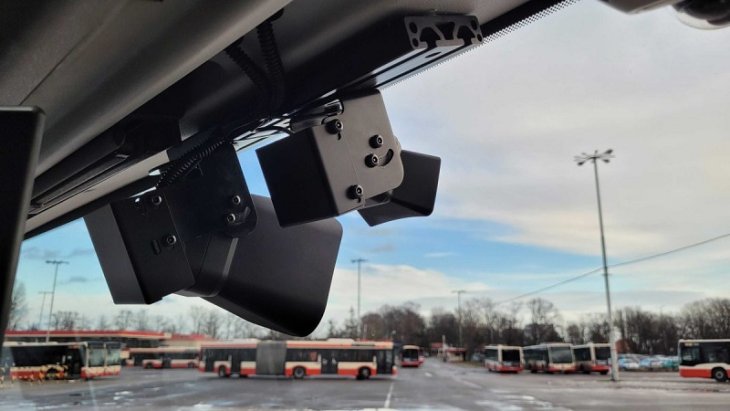
The Board of Supervisors voted to adopt an ordinance that makes it explicitly illegal to rent space to medical marijuana dispensaries in unincorporated areas of Los Angeles County.
Marijuana dispensaries have been illegal in unincorporated areas since 2011. The board relies on zoning laws to enforce the ban and recently vowed to crack down on violators, voting earlier this month to assemble an enforcement team.
The ordinance amends the existing ban to make clear that renting or leasing a property for use as a medical marijuana dispensary is illegal.
County lawyers called the amendment a “non-substantive change.”
Landlords can already be held liable for illegal drug sales on their property under federal law. A 2013 case against several Southern California landlords renting to dispensaries — later dropped by the U.S. Attorney’s Office — originally called for them to forfeit their properties.
The board approved adoption of the amended ordinance without comment on a 4-0 vote, with Supervisor Sheila Kuehl abstaining.
“Medical marijuana dispensaries are legal. The county decided to ban them. I didn’t agree with that decision because people need to access these prescribed drugs in their neighborhoods if they can,” Kuehl told City News Service.
“Every city or piece of the county that bans them makes it less possible for people with glaucoma, with chronic pain, people living with AIDS who rely on these prescriptions to get them,” Kuehl said, adding that she also disagreed with criminalizing landlords who rent to dispensaries.
In February, the board directed county lawyers to draft an ordinance that would prohibit all cultivation, manufacturing, laboratory testing and distribution of marijuana in unincorporated areas of the county for at least 45 days, while the county studies the impacts.
That move drew protests from advocates for those who use marijuana to treat and alleviate pain from serious, and even terminal, medical conditions.
All use of marijuana remains illegal under federal law. However, sales of marijuana legalized under state laws in Alaska, Colorado, Oregon, Washington and in the District of Columbia totaled $3.4 billion in 2015, according to a report by Forbes magazine.





















